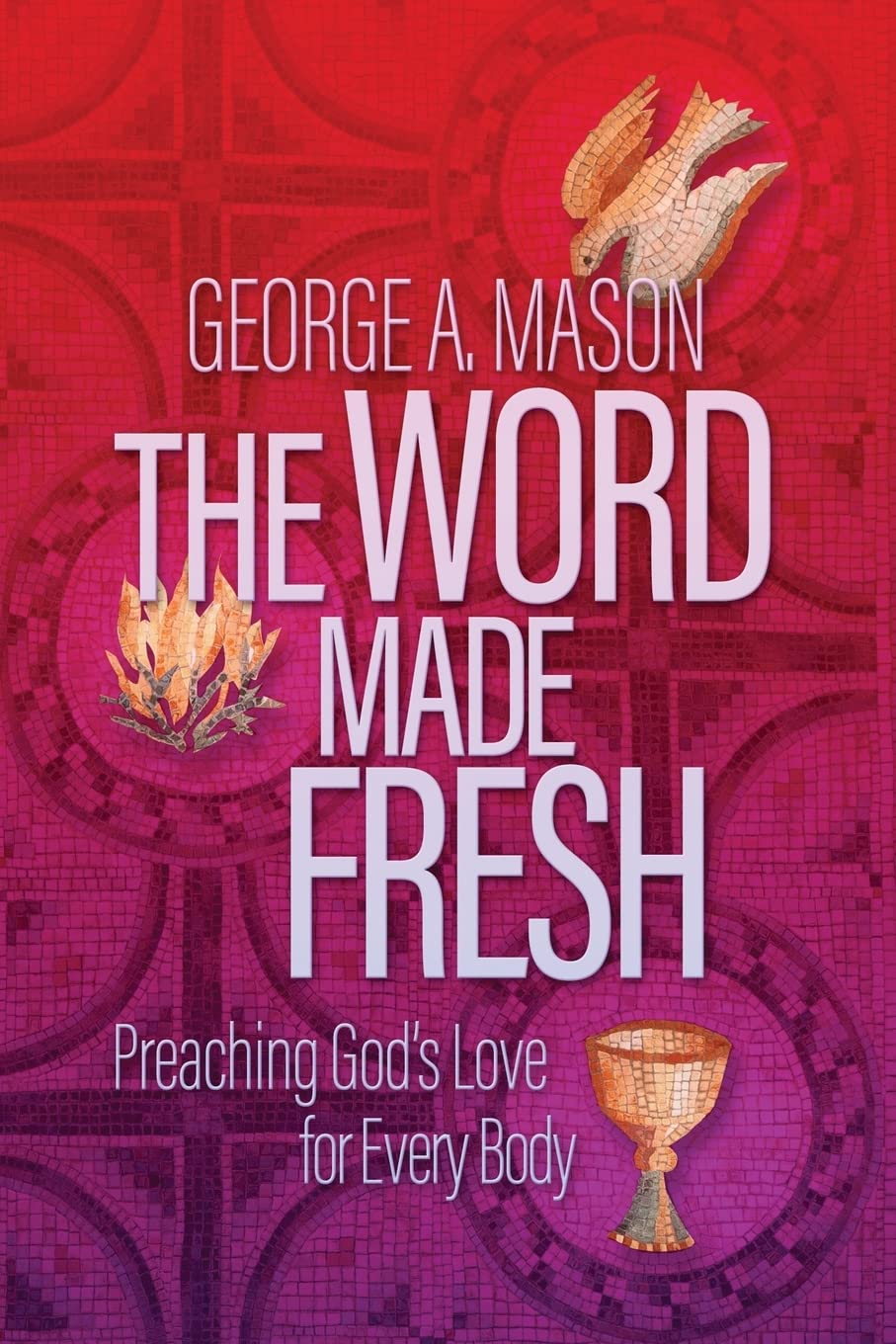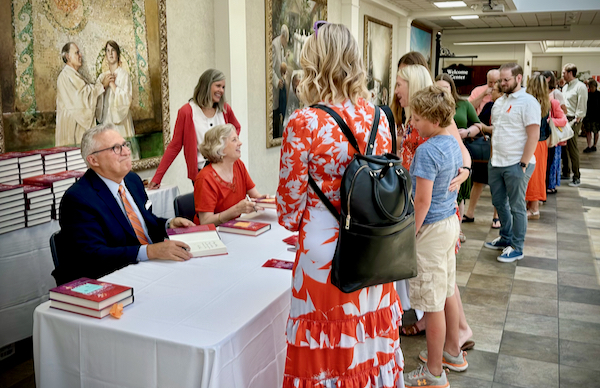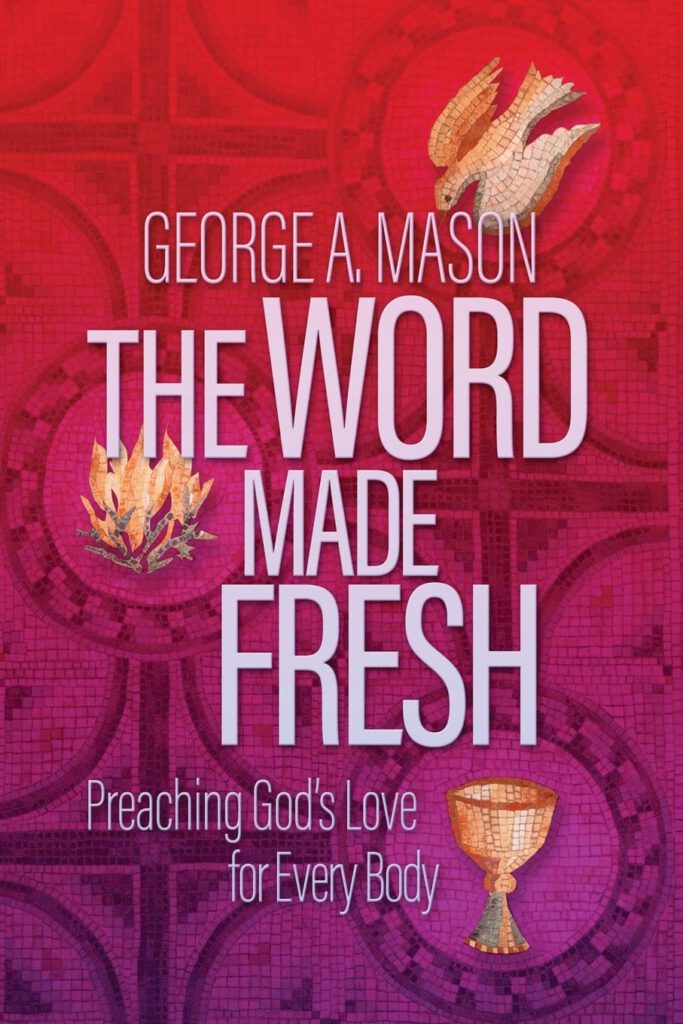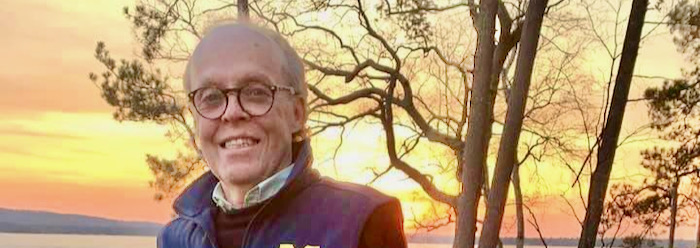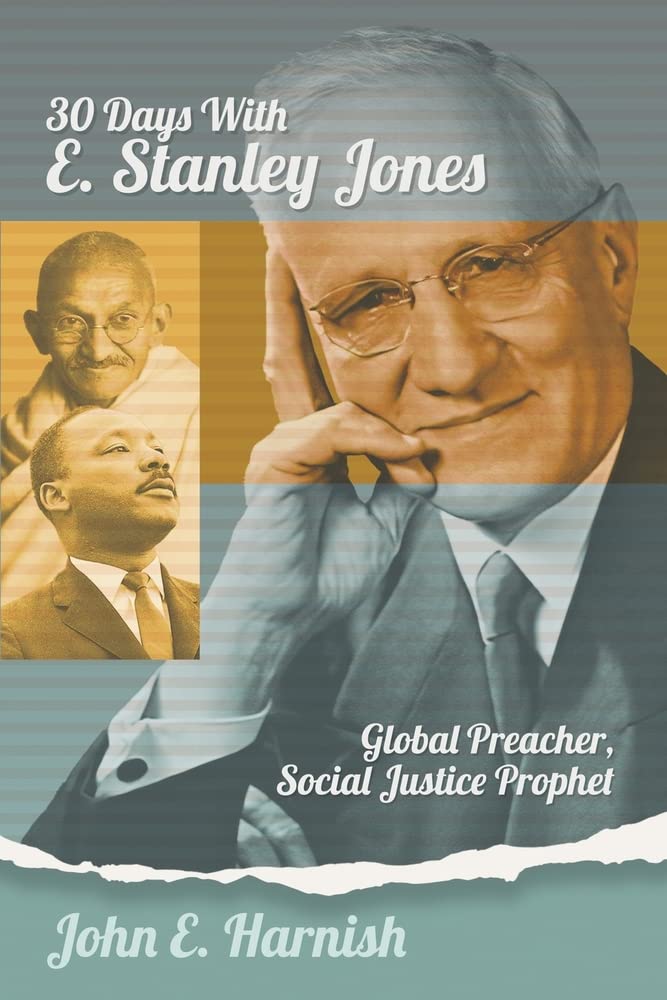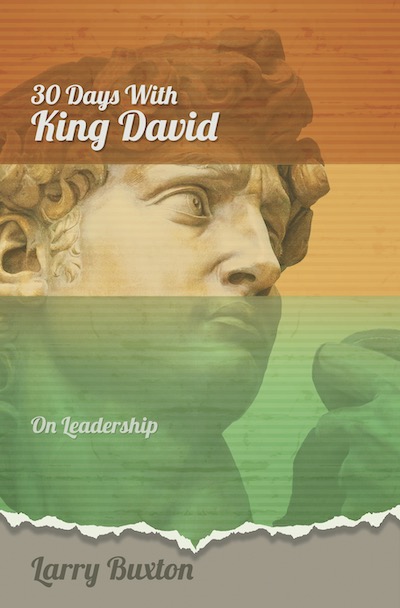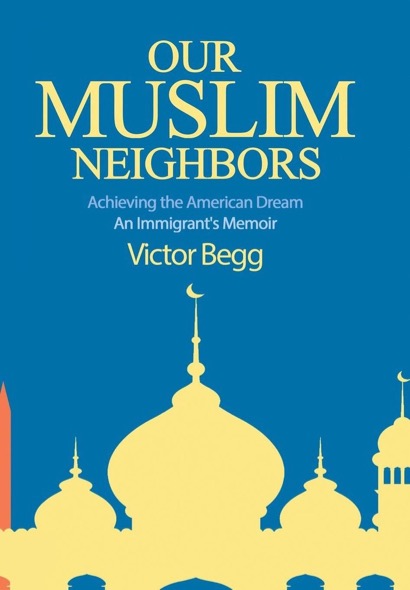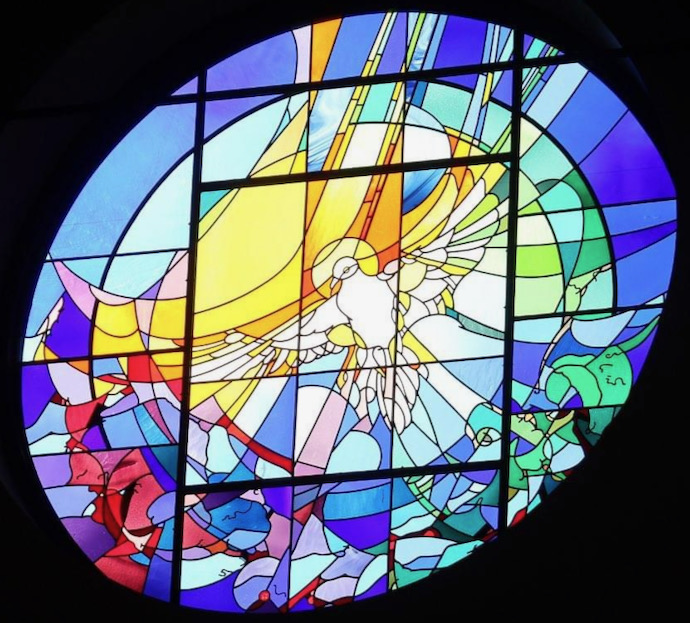
Central window in the sanctuary of Holy Comforter Episcopal Church in Spring, Texas. (Photos of the church provided by Ann Worley.)
Hearing George A. Mason’s call for a different way of seeing our world
By ANN BELL WORLEY
Contributing Columnist
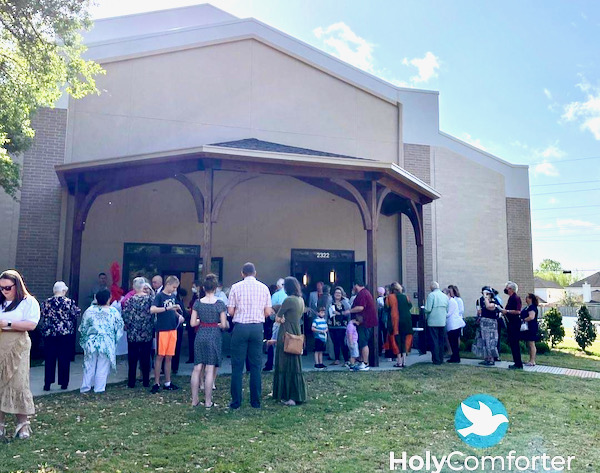 I was surprised last week as I showed up to lead a new series of discussions in my congregation, Holy Comforter Episcopal Church in Spring, Texas. We already had set up chairs—but so many people arrived that volunteers had to fetch more seating!
I was surprised last week as I showed up to lead a new series of discussions in my congregation, Holy Comforter Episcopal Church in Spring, Texas. We already had set up chairs—but so many people arrived that volunteers had to fetch more seating!
Such enthusiasm was an inspiring sign for all of us as we started Lent, the annual season of reflection before Christians reach Easter each year. I thought this series of Sunday-morning discussions might be a challenge, because the series’ focus is the work and wisdom of a famous Baptist preacher, George A. Mason, the author of the new book, The Word Made Fresh.
I wondered: Would Episcopalians coming for worship spend even more time on a Sunday morning considering what a Baptist has to say about our world?
As it turns out, indeed, they would!
After a “tour” of the book, I posed a question. “We can all think of examples of people being ‘cross wielding,’ beating others over the head with their beliefs. What would it mean for us to be cross-yielding instead?”
In 2001, George introduced that turn of phrase in a 50th-anniversary sermon for the church where he served as senior pastor for many years: Wilshire Baptist Church in Dallas. He declared, “Jesus says if we are to be his followers, we must take up our cross, not as a weapon of war but as a promise of peace.”
We must be “cross-yielding” rather than “cross-wielding,” he concluded.
Earlier in my career, I served on George’s Wilshire staff. In recent years, I helped some of George’s friends at Wilshire pull together this particular collection of his sermons into The Word Made Fresh as a special gift for George for his decades of service. As we collectively edited this volume, we agreed that this particular sermon should be the first one readers would see.
What are we as Christians “yielding” in this world? It’s a question millions are asking in 2024.
Some “give up” in Lent; we are “adding to” our theology of welcome
During Lent each year, millions of Christians “give up” something they typically enjoy, or conversely, devote extra time to spiritual practices as a way of identifying more closely with Jesus.
With all of the division and polarization that dominates our news cycles, The Word Made Fresh is a timely read, offering a theology of welcome and inclusion that can reinvigorate our faith and provide a clear path forward. Reading and reflecting on this book of sermons—either on one’s own or with a group like we are reading the book—can be a spiritual affirmation of hope and a commitment to making our world a better place.
Through all the years he served Wilshire, George kept challenging Christians to look carefully at what our faith is yielding each day, each week and each year.
After introducing this idea in the first sermon in this book, George returns to the question of our “yield” much later in his book in a sermon titled, “Cross-Eyed.” It’s one of the most powerful sermons in this entire collection.
He preached this particular Sunday message during another especially troubled Lent—in the year 2019 after a white-supremacist who claimed to be defending Christian civilization had shot up two mosques in Christchurch, New Zealand. The terrorist killed 51 people, wounded another 40, and was heading toward a third mosque, when police stopped him. Although that tragedy unfolded half a world away, George was thinking about his traumatized Muslim friends and neighbors in Dallas, who were reeling from the news.
George was angered by the killer’s twisted idea that Christianity called for such violence. As George preached that morning, he also condemned other similar hate crimes. That sermon still stands as a powerful condemnation of any form of religiously inspired violence—and an affirmation of what the cross of Christ should yield.
Just a few excerpts of what George said that morning:
“Our theme this Lent is the grace of seeing. Paul wants us to see the cross in such a way that we live through it. … Paul wants us to see the world through the corrective lenses of the cross. … The cross symbolizes the love of God. Period. It forever stands as a powerful warning against using the name of God to do violence. … Every and any use of the cross as an excuse to oppress, suppress, or repress any human being is a disgrace to our religion. … This is what it means to view the world cross-eyed: Our witness to the way of Christ is powerful when the grace of seeing through the eyes of the cross yields tears of love in solidarity with those for whom Christ died, whatever their religion, wherever they come from, however they look.”
You can read the entire sermon in this new book—and you can even see the 2019 video of George preaching that sermon (via a link provided in the book). That sermon is a good example of the dozens that are so memorable today that they’re worth the price of a copy of George’s book.
“George Mason is an ecumenical thinker,” I told my Episcopal friends at Holy Comforter. “His later sermons in particular speak to social justice, equity, and interfaith relations, all driven by the gospel.”
I encouraged people not to miss a single page, even though this is a big book, “because George leaves little nuggets of gold everywhere.”
.
Care to learn more?
Ann Bell Worley is a Houston-based writer and editor with a background in theological education and ministry. She is the author of two children’s books with additional publications in religion and parenting and a broad range of editing credits. Much of her recent writing focuses on the challenges of raising a medically complex child. You can find more of Ann’s work and her family’s story on her website: www.graycoloredglasses.com.
Ann tells us this week: “I set out at the beginning of the year to tell our story in chronological order, starting with The Very Beginning and followed that with “Not Knowing” and “Still Not Knowing.” Soon, I’m planning to post the next installment.”
